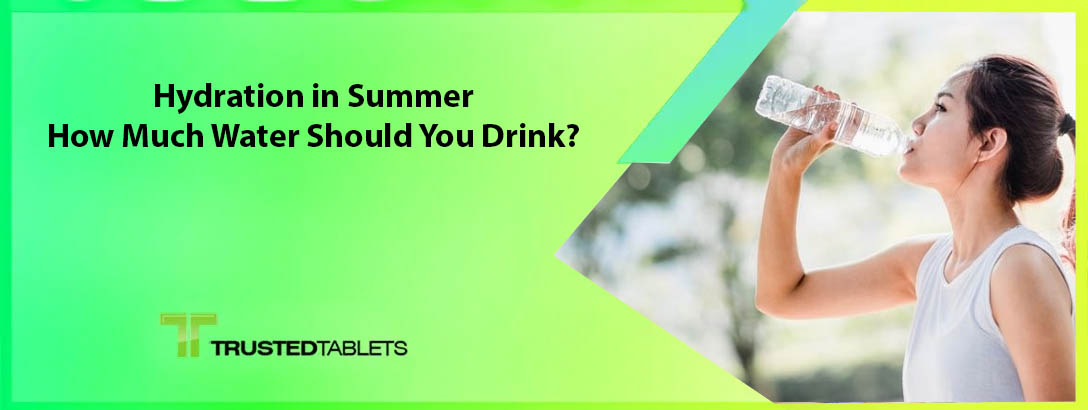How much water should you drink daily in the summer?
In the summer months, adequate hydration is crucial to maintain health and well-being, especially in hot climates or during physical activity. The general recommendation is to drink at least 8 to 10 glasses of water per day. This translates to about 2 to 2.5 liters of water daily for most adults. However, individual needs may vary based on factors such as age, weight, activity level, and climate conditions.
Factors influencing hydration needs:
- Climate: Hotter climates require more water intake to compensate for increased sweating.
- Activity level: Physical activity increases water loss through sweat and requires higher fluid intake.
- Body size: Larger individuals typically need more water than smaller ones to stay hydrated.
Tips for staying hydrated:
- Drink water regularly throughout the day.
- Monitor urine color; pale yellow indicates adequate hydration.
- Include hydrating foods like fruits and vegetables in your diet.
- Avoid excessive consumption of caffeinated or alcoholic beverages, as they can dehydrate you.
What are the signs of dehydration during hot weather?
Dehydration occurs when the body loses more fluid than it takes in. In hot weather, this risk increases due to higher perspiration rates. Signs of dehydration include:
- Thirst
- Dry mouth and throat
- Fatigue
- Headache
- Dizziness
- Dark-colored urine
- Muscle cramps
Does drinking water with meals affect hydration levels?
Contrary to popular belief, drinking water with meals does not significantly impact hydration levels unless consumed in excessive amounts. The body regulates water intake efficiently, absorbing what it needs and excreting the rest. It’s more important to ensure adequate daily fluid intake rather than focusing on specific times for drinking water.


